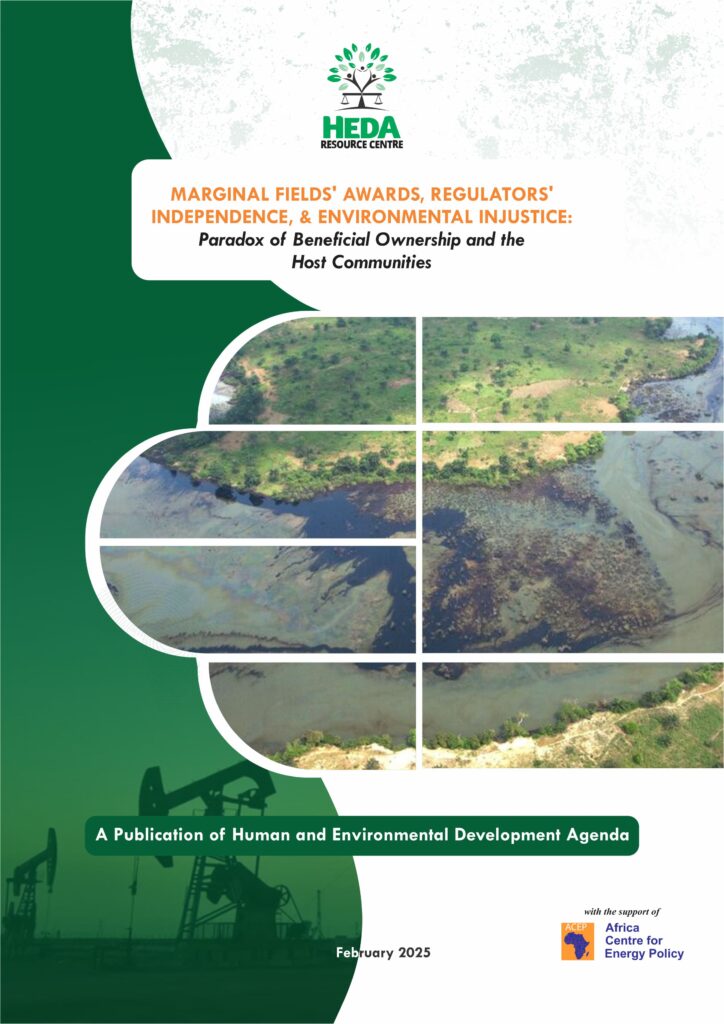The Human and Environmental Development Agenda (HEDA Resource Centre), prominent Civil Society Organization, strongly condemns the recent decision by the National Assembly to purchase expensive luxury Sport Utility Vehicles (SUVs) for its 469 members.
In a statement issued by its Chairman, Olanrewaju Suraju, the civil society group emphasizes that the acquisition of these vehicles not only violates the prescribed compensation structure for lawmakers outlined by the Revenue Mobilisation Allocation and Fiscal Commission (RMAFC) but also signifies a misallocation of limited national resources that could be more judiciously directed towards human development and the nation’s progress.
Suraju further underlines that Section 84 of the Nigerian 1999 Constitution confers upon RMAFC the responsibility to establish the salaries and allowances of public officeholders, including members of the National Assembly. The Constitution explicitly states, “There shall be paid to the holders of the offices mentioned in this section such remuneration, salaries, and allowances as may be prescribed by the National Assembly, but not exceeding the amount as shall have been determined by the Revenue Mobilisation Allocation and Fiscal Commission.”
To fulfill this mandate, the RMAFC discloses the details of the remuneration package for political, public, and judicial officeholders. Notably, the last list published in 2007 indicated that members of the National Assembly were entitled to an optional car loan that should not surpass 400 percent of their annual basic salaries, as opposed to the procurement of operational vehicles.
“For instance, a senator’s annual basic salary is N2.02 million, which entitles them to a car loan not exceeding N8.1 million (400 percent of their basic salary). Similarly, a member of the House of Representatives, with an annual basic salary of N1.9 million, can secure a car loan not exceeding N7.9 million.”
“Unfortunately, the 10th National Assembly has departed from these guidelines by opting to acquire luxury vehicles for “legislative oversight.” This decision has been widely criticized by many Nigerians who perceive it as out of touch with the country’s challenging economic circumstances. In defiance of constitutional provisions, the National Assembly has consistently set allowances above the limits prescribed by the RMFAC. For instance, in July, the Senate disbursed N2 million to each member as recess allowance, exceeding the 10 percent of annual basic salary recommended by law.
“This pattern of extravagant expenditure extends beyond vehicle acquisitions. In 2015, the Senate spent N4.7 billion on cars for its members, diverting funds that could have been allocated to critical sectors like healthcare and infrastructure development.” He added. “The decision to purchase foreign brands has also drawn criticism from Nigerians, who contend that supporting local automobile manufacturers could invigorate the domestic economy. Local brands have produced high-end vehicles, including SUVs, and have extended offers to the lawmakers. Regrettably, these proposals were overlooked.”
“We call upon the National Assembly to reconsider this decision and allocate resources in a manner that best serves the interests of the Nigerian people, particularly during a period when prudent financial management and economic growth are of paramount importance.”
HEDA emphasizes that lawmakers’ proclivity for luxury vehicles runs counter to Nigeria’s economic realities and the pressing need for reduced governance costs.



